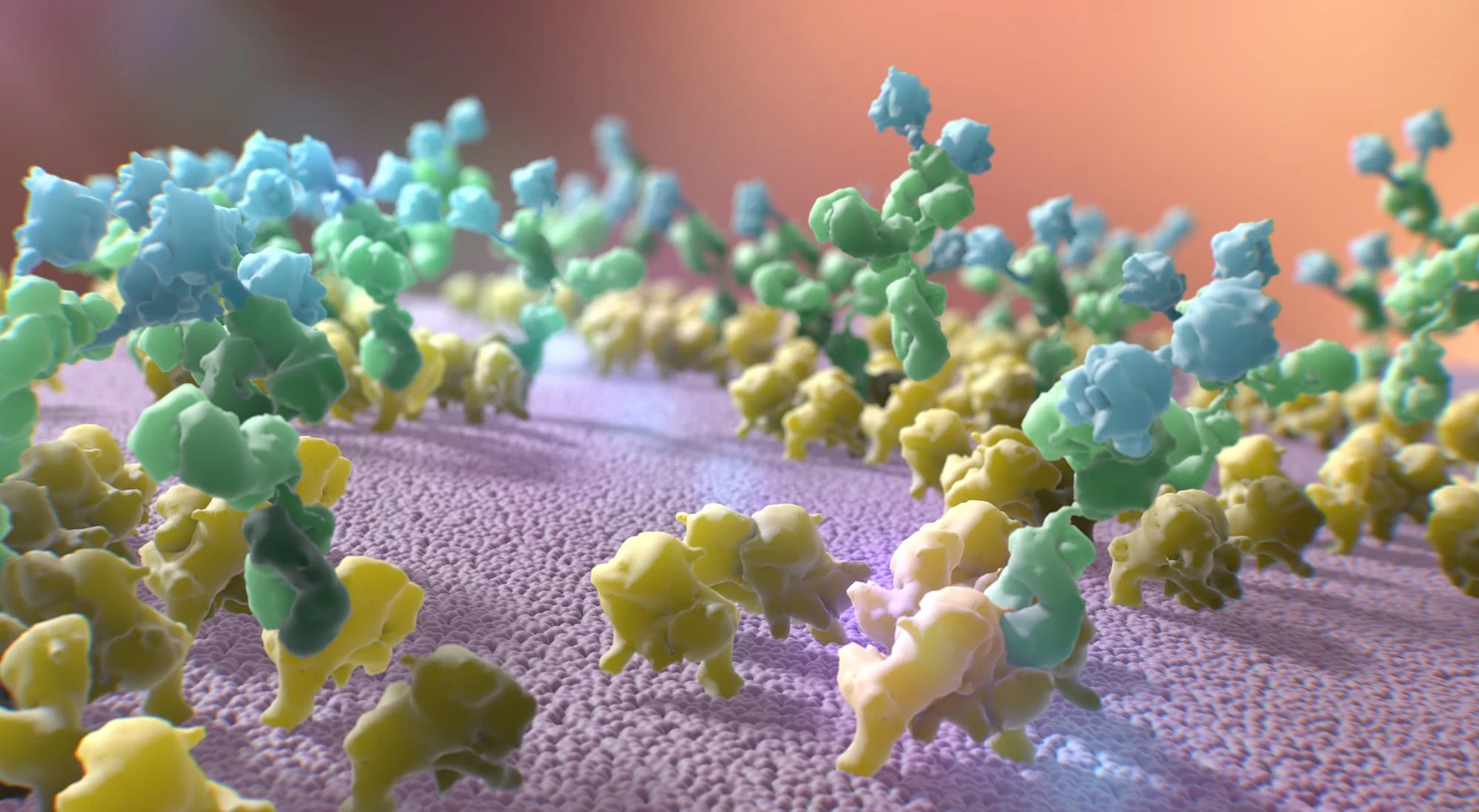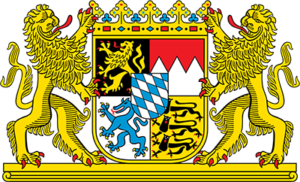Pieris develops a new generation of medicine
July 2017

© Pieris
Pieris Pharmaceuticals, located in Boston, USA and at the IZB Weihenstephan near Munich, has already signed two significant alliances in 2017. In January, an immuno-oncology focused deal with French pharmaceutical group Servier led to a cash injection north of 30 million US Dollars. A subsequent alliance with Anglo–Swedish pharma company AstraZeneca resulted in an upfront payment of another 45 million Euro with potential subsequent payments well in the billions. The biotechnology firm, which was spun out of the TU München in 2001 with Prof. Arne Skerra as one of the founding members, has enjoyed a significant uptake of its proprietary drug class called Anticalin® on an international scale. The Company’s Chief Executive Officer Stephen S. Yoder, who took the helm in 2010, shared his thoughts on the most recent developments with us.
IM DIALOG: Pieris is a rising star in the biotech scene. Could you briefly explain the technology behind the company?
Yoder: Our technology involves Anticalin proteins, which are modified versions of naturally-occurring lipocalins. Anticalins behave like drugs with a broad specificity for various disease targets. Their small size and stable structure afford advantages to traditional antibodies and can expand treatment modalities of therapeutic proteins. Pieris and its partners can use these molecules to develop therapeutic candidates against all sorts of diseases.
IM DIALOG: In which indications is your technology being applied and what are the key advantages compared to other approaches?
Yoder: Our current focus is immuno-oncology and respiratory diseases, both areas based on our growing expertise in the biology of the immune system. In immuno-oncology, Anticalin molecules add a bi-specific component to an existing antibody creating therapeutic molecules with unique properties. In respiratory diseases, Anticalin-based drugs could be delivered via the patient’s lung due to their small size. This could give rise to a new wave of inhalable biologics. In addition, we look to expand the use of Anticalin proteins into other indications through our continued partnering efforts and deepening understanding of immunology.
„In immuno-oncology, Anticalin molecules add a bi-specific component to an existing antibody creating therapeutic molecules with unique properties.“
Stephen S. Yoder
CEO, Pieris Pharmaceuticals Inc.
IM DIALOG: With whom do you compete in these markets?
Yoder: For all practical purposes, our exclusive patent position means we are the only company able to deploy Anticalin molecules. However, competition among other drug classes varies greatly based on the approach. Especially in immuno-oncology, the sector is crowded with many kinds of applications and companies active in the field. That said, we are convinced that in our core focus areas we have a highly differentiated and therefore strong position in the market. For example, we have built a leadership position with targeted co-stim agonists, that leverage our unique multispecifics capabilities, which we believe may enable a more effective immuno-oncology treatment beyond the success demonstrated by checkpoint inhibitors.
IM DIALOG: While your subsidiary is still located in Freising, Pieris went public and is headquartered in the US. What was the rationale for this move?
Yoder: Our Freising location is very important for us and much more than a subsidiary. Our success begins with our technology, and Freising is where discovery and protein engineering happens. The strategic decision to be headquartered in the US was primarily based on an easier access to its capital markets, and the benefits from recruiting from two talent pools and tapping the vast expertise present in clinical drug development in the US. There are simply more candidates available who have been involved in later-stage development of biologics than in Europe.
„In respiratory diseases, Anticalin-based drugs could be delivered via the patient’s lung due to their small size. This could give rise to a new wave of inhalable biologics.“
Stephen S. Yoder
CEO, Pieris Pharmaceuticals Inc.
IM DIALOG: You are working with Daiichi and Sanofi since 2010/2011. In January 2017, you added Servier to your portfolio and just a few months later the alliance with AstraZeneca? Which goals do you pursue within these partnerships?
Yoder: It is true, we have a high-quality roster of partners, which validates the scope of our Anticalin technology. Our recent partnerships with Servier and AstraZeneca clearly stand out and act as anchor partners in our focus areas immuno-oncology and respiratory diseases, respectively, where we retain commercial rights in the US on key assets. With AstraZeneca, we will pursue our PRS-060 program in Asthma, which is expected to enter the clinic later this year, and up to four additional programs. With Servier, we will jointly develop PRS-332 and another up to four therapeutic candidates. It is worth noting that in several of these cases we may stay involved in the development up to approval and have the option to (co-)commercialize products in the United States.
IM DIALOG: You studied molecular biology, Spanish and law in Washington back in the days. Can you give us an idea which career steps have brought you here?
Yoder: That’s true and I still make a respectable paella. After graduating, I had the opportunity to practice as a patent attorney in the US and moved to Germany as general counsel for antibody therapeutics company MorphoSys in Martinsried. I was involved in securing many pharmaceutical partnerships not least the 10-year alliance with Novartis. Subsequently, I joined Pieris as Chief Executive Officer.

Stephen S. Yoder,
CEO
© Pieris
IM DIALOG: How do you cope with managing a transatlantic organization and how does the team work together?
Yoder: We are truly an intercontinental team and interact very closely. A lot of things can be achieved using telephone and video conferencing. That said, chances to meet a Pieris employee on the Munich-Boston direct flights are quite high these days.
IM DIALOG: What are the next steps for Pieris?
Yoder: Getting two deals of this magnitude done in such a relatively short timeframe is not a given for an organization of our size and development stage. We are looking forward to delivering on these two anchor partnerships while also serving our other partnerships, including our immuno-oncology collaboration with Roche, while of course continuing to advance our fully proprietary assets in immuno-oncology, including PRS-343, a first-in-class targeted 4-1BB agonist, which we intend to begin dosing in solid tumor patients later this year.



